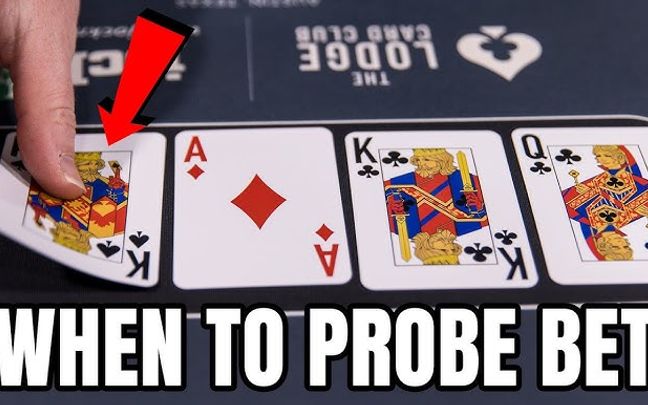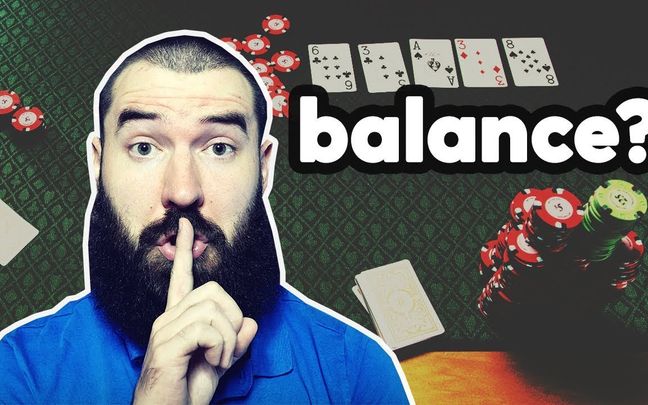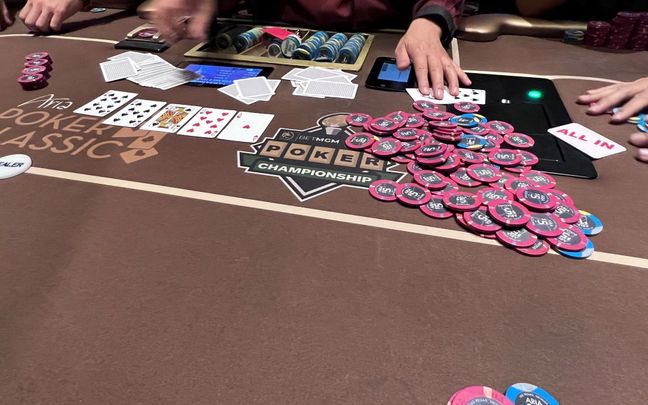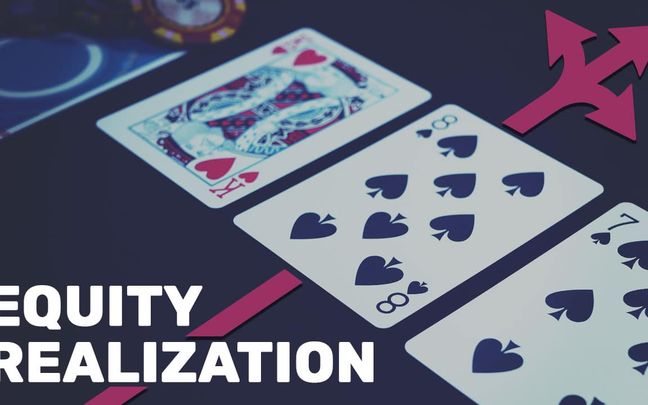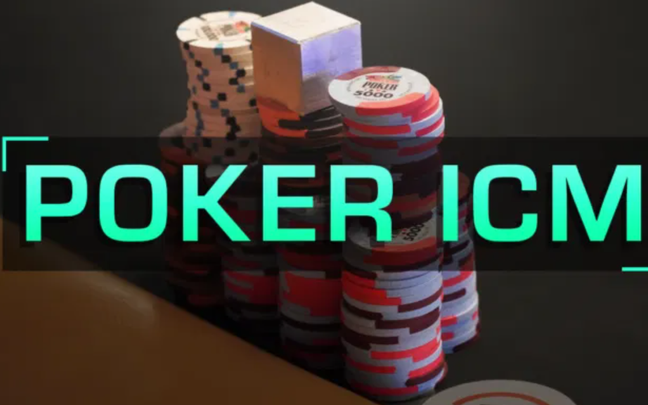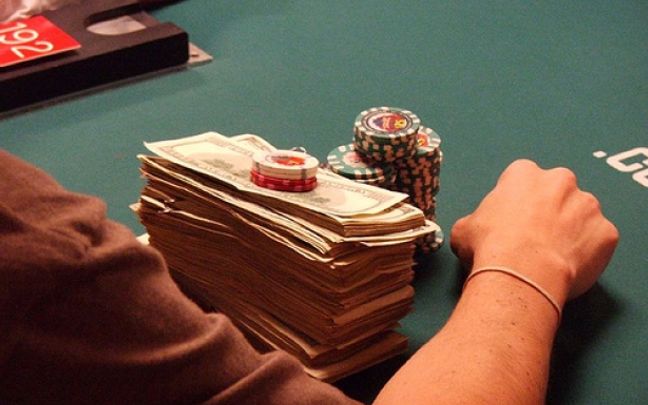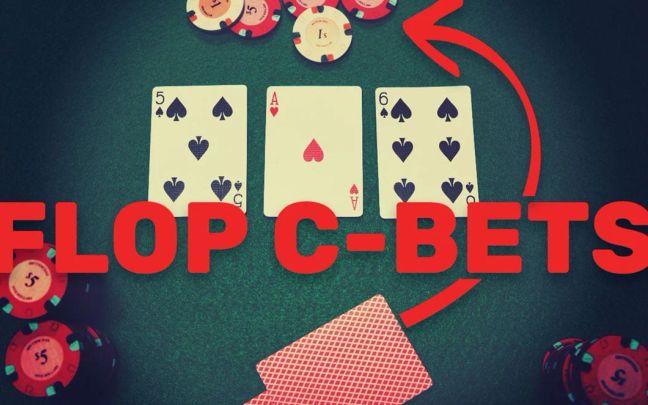In poker, winning isn’t just about having a stronger hand. True victory comes when you know how to maximize value from those strong hands. This is known as Value Betting – an indispensable strategy used by expert poker players to control the pot and effectively increase profits. Value Betting is not just a skill but an art that helps you outmaneuver opponents and build a stable bankroll in the world of cards.
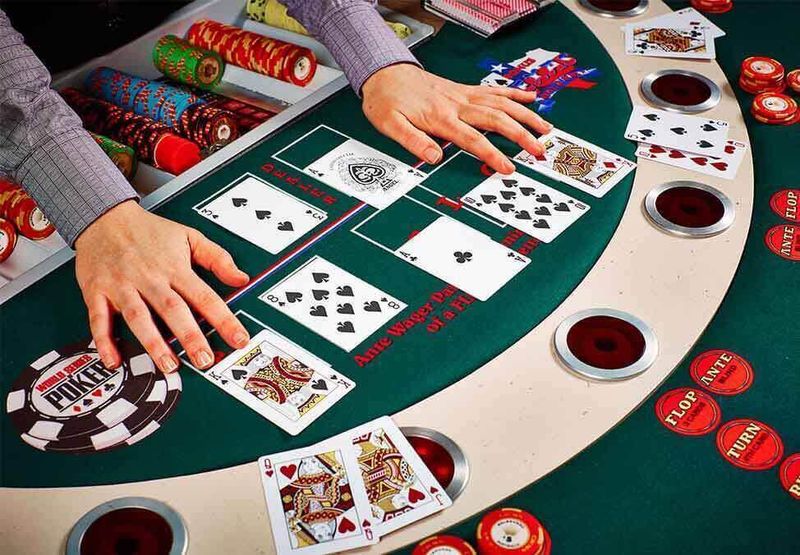
Value betting in poker is a strategy of betting to maximize value from a strong hand.
What is Value Betting in Poker?
Value Betting in poker is a strategy aimed at maximizing the value of your strong hand by getting opponents to call with weaker hands. When you believe that your hand is ahead of your opponent’s hand and that there’s a high chance they will call, you execute a Value Bet to increase the size of the pot.

Value betting is typically applied when you believe you are ahead of your opponent.
How Value Betting Works
Assessing Hand Strength
Assessing hand strength is the first and crucial step in the Value Betting strategy. Before deciding to make a Value Bet, you need to thoroughly analyze your hand to ensure it is strong enough to beat most of the hands your opponent might call with. This requires considering not only the absolute value of your current hand but also comparing it to the range of hands your opponent might hold based on their actions in the hand.
You need to evaluate if your hand is likely to be ahead of most hands your opponent will call with, such as smaller pairs, weaker high cards, or drawing hands that your opponent might think still have a chance to improve. Only if you feel confident that your hand is strong enough to win in most situations should you proceed with a Value Bet to maximize your profit from the opponent.
Analyzing Opponents
Analyzing opponents involves a detailed and nuanced process where you study the opponents’ behavior, actions, and decisions to make accurate predictions about the range of hands they might have in specific situations. This is not just about observing their actions but also includes a deep analysis of how they play different types of hands, their tendencies to call, raise, or fold, and how their playing style changes in various scenarios at the table.
Pay attention to opponents’ habits, such as how they respond to bets from different positions, how they handle various flops, and their reactions to large bets or unexpected fluctuations in the hand. By building a comprehensive picture of your opponents’ play, you can more accurately make decisions in Value Betting situations, thereby optimizing your winning chances in poker.

Value betting helps add more money to the pot and maximizes the value of your hand.
Determining Bet Size
Determining bet size is a crucial aspect of the Value Betting strategy in poker. It requires players to not only set a bet amount but also carefully calculate it to ensure the bet is large enough to maximize the value that opponents might call but small enough to avoid causing them to fold.
To determine an appropriate bet size, you need to consider several factors. First, evaluate the strength of your hand relative to the range of hands you believe your opponent may have. If you hold a very strong hand and think your opponent might have a weaker hand but still be willing to call, you can place a larger bet to increase the pot’s value.
However, if you suspect that your opponent might have a stronger hand or might fold if you bet too large, you should consider placing a smaller bet to still extract some value without losing the opportunity for a bigger win.
The decision on bet size also depends on analyzing your opponent's strategy. If you observe that your opponent tends to call large bets when they have a decent hand, you might opt for a larger bet to maximize value. Conversely, if your opponent frequently folds to large bets, you should keep your bet size smaller to ensure you can still extract value from their hand without facing the risk of them folding.

The value betting strategy requires you to be able to read your opponent and assess the strength of your own hand.
Illustrative Example
You hold A♠️ K♠️ and the flop comes K♦️ 7♣️ 2♥️. You believe you are ahead with top pair (Kings). Your opponent might have hands like K-Q, K-J, or even a smaller pair, and they are likely to call a bet from you. You make a reasonable Value Bet to encourage your opponent to call, thereby increasing the pot size when you have a stronger hand.

Value betting is often used in later betting rounds when you have additional information about your hand and your opponent's hand.
Benefits of Value Betting
Increasing Profit
Increasing profit through Value Betting involves applying a betting strategy to not only maximize the amount you can win from a strong hand but also to ensure you have an edge and control over situations at the table. When you decide to Value Bet, it’s important to achieve an optimal outcome based on a detailed assessment of both your hand and the expected reactions from your opponent.
Maximizing profit is not just about placing a large bet to increase the pot size. It involves assessing the strength of your hand compared to the range of hands your opponent might hold and then determining an appropriate bet size. This way, you not only extract more money from your strong hand but also keep your opponent within your control.
Value Betting also helps you build a stronger poker image. By consistently making profitable and difficult-to-read bets, you can cause opponents to lose confidence in their ability to play weaker hands against you. This may lead them to call your bets with weaker hands or even fold better hands due to uncertainty about your strategy.
Additionally, Value Betting helps you build a stable bankroll in poker. By extracting more value from strong hands, you can accumulate and increase your capital, ensuring sustainability and growth in your poker career.
Controlling the Pot
Controlling the pot in poker is a critical aspect of gameplay strategy, requiring players to not only manage the pot at a controllable level but also to maintain an advantage in specific situations at the table. When you choose to Value Bet, the goal is not just to increase the pot size but to adjust it in line with the situation and your winning objectives.
Keeping the pot at a manageable size is crucial, as it involves reassessing the table situation after each betting round. You need to set a bet size that is sufficient to make your opponent consider a decision but not so large that they are likely to fold if they lose confidence in their hand. This helps you control the risk level while still extracting value from your strong hand.
Moreover, managing the pot size helps you maintain balance in your gameplay strategy. By avoiding rigidity in your betting and adjusting flexibly to specific situations, you can optimize your winning chances while protecting your overall sustainability in the game. This also enhances your professionalism in the eyes of opponents, as they see that you are capable of winning effectively without always placing large bets.

You need to know when to value bet and when to fold to avoid losing money unnecessarily.
Reading Opponents' Hands
Reading your opponent’s hand is a crucial analytical skill in poker, especially when employing a Value Betting strategy. By observing and analyzing how your opponents respond to your Value Bets, you can gather valuable information about their hands and adjust your strategy more accurately and effectively.
When you make a Value Bet, you’re not only trying to maximize the value from your strong hand but also challenging your opponent. Their reaction can reveal a lot about their hand. If they call quickly and show no signs of hesitation, they might have a strong hand or a strong draw. Conversely, if they take a long time to decide whether to call or fold, they might be facing a difficult decision due to a weak hand. This information helps you build a more comprehensive picture of your opponent’s hand range and allows you to adjust your play in future hands.
Reading your opponent’s hand through their reactions also enhances your reliability in assessing situations and making strategic decisions. You can easily identify patterns in their actions and use this information to execute more effective bluffs or Value Bets in subsequent poker hands.
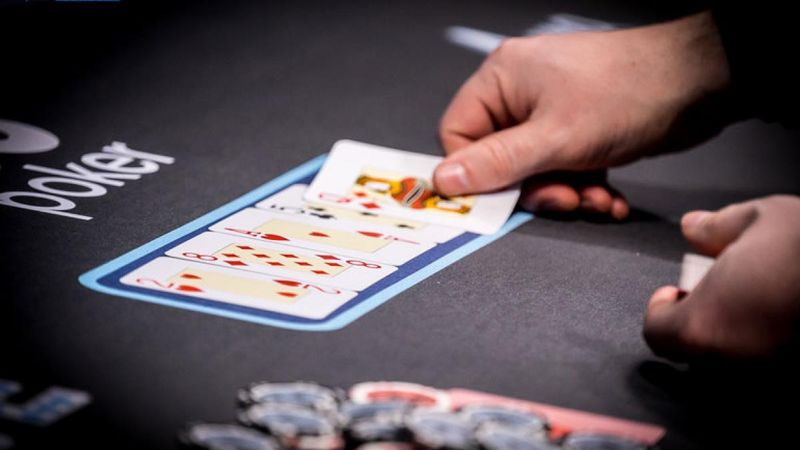
Value betting is an important part of an effective poker strategy.
Therefore, Value Betting is not just about placing bets to make money. It is a strategy that combines situational awareness with opponent analysis skills. By executing Value Betting correctly and effectively, you not only maximize your chances of winning but also build a strong and professional poker image. Apply these techniques in practice and experience the difference they can make to your success in future poker games.


